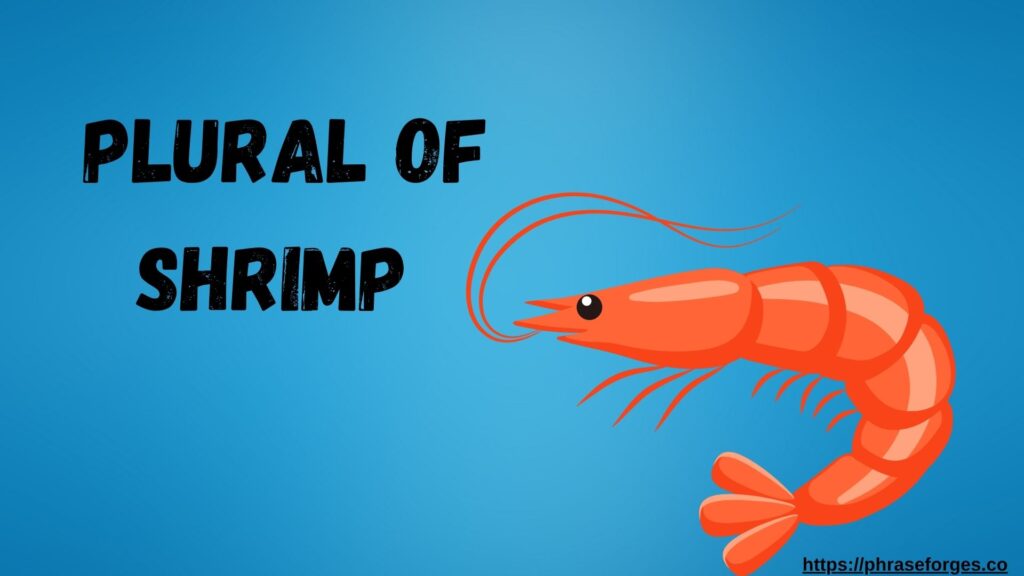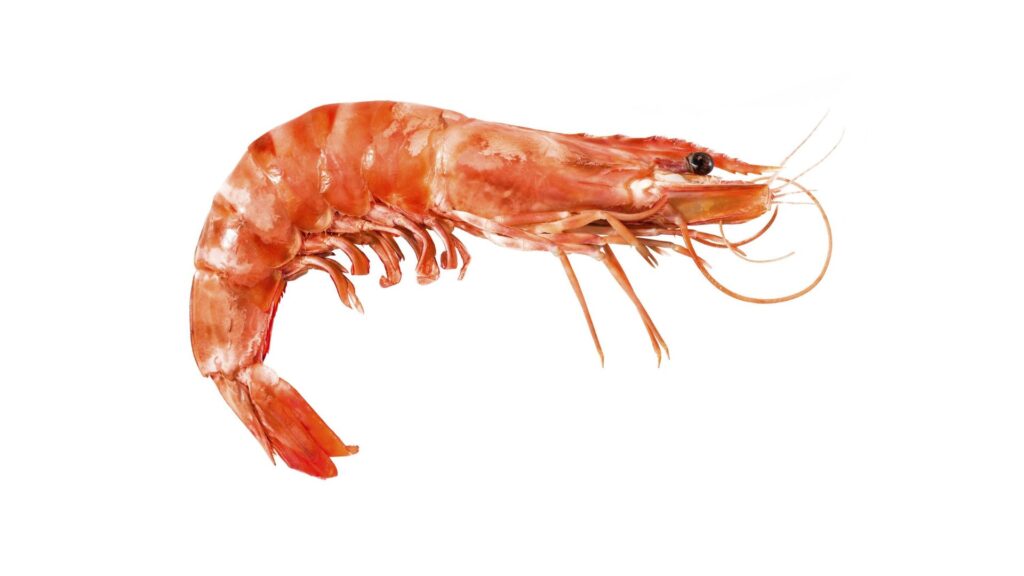Keyword + Intro Explanation

The plural of shrimp is one of those grammar puzzles that leaves many second-guessing themselves. Is it shrimp? Is it shrimps? Do both exist and if so, when do you use each?
Let’s cut to the chase: both “shrimp” and “shrimps” are grammatically correct. However, their usage depends on context, audience, and even geographic region. In this article, you’ll learn the difference, explore real-world examples (including emails and dialogues), and master when to use shrimp vs. shrimps naturally.
Simple Definition + Usage Overview
The word shrimp can function as both singular and plural. It belongs to a family of nouns in English that don’t always change in the plural form, like fish, moose, or deer.
Here’s a quick breakdown:
| Word Form | Correct Usage? | Example |
|---|---|---|
| Shrimp (singular) | ✅ Yes | “That shrimp is huge!” |
| Shrimp (plural) | ✅ Yes | “We caught ten shrimp.” |
| Shrimps (plural) | ✅ Yes (less common) | “Five different shrimps live in this reef.” |
So why does shrimp plural trip people up?
It’s all about whether you’re talking about quantity or variety.
Clear Rules & Patterns
Let’s get the rules straight.
✅ Use shrimp:
- When referring to multiple shrimp as food
- When describing a group or quantity
- In most informal, American English settings
Example: “I grilled some shrimp last night.”
✅ Use shrimps:
- When talking about different species or types
- In scientific or academic writing
- More commonly in British English
Example: “Several exotic shrimps were discovered near the reef.”
Bulleted Rules with Do’s and Don’ts
Do:
- ✔️ Use shrimp for general food references
- ✔️ Say shrimps when emphasizing different types or biological categories
- ✔️ Consider your audience (American vs. British English)
Don’t:
- ❌ Assume “shrimps” is always wrong it’s correct in the right context
- ❌ Use “shrimps” casually in food conversations (sounds odd to native ears)
- ❌ Forget that some plural nouns don’t change (like fish, deer, moose)
Multiple Example Sentences
Let’s look at both versions in real sentences:
✅ Using “shrimp”
- “I marinated the shrimp in lemon and garlic.”
- “We saw a school of shrimp swimming near the dock.”
- “He brought back a bucket full of shrimp from the river.”
✅ Using “shrimps”
- “The marine biologist classified several shrimps based on their size and color.”
- “Different shrimps occupy different zones within the coral ecosystem.”
- “Two of the rarest shrimps were found off the coast of Madagascar.”
Scenario Example – Restaurant Email
Subject: Fresh Gulf Shrimp Available Tonight
Hi Sarah,
Just a quick note to let you know we received a new batch of fresh Gulf shrimp this morning. They’re perfect for the garlic butter skewers you love.
We’re running a weekend special with grilled shrimp, served with a side of wild rice and lemon vinaigrette. Let me know if you’d like me to reserve a table.
Best,
Chef Darren
The Bayfront Grill
Scenario Example – Academic Usage Email
Subject: Reef Survey: Shrimp Species Found
Hi Dr. Patel,
During our reef dive last week, we cataloged at least five new shrimps, including one that appears to be a variant of Lysmata debelius. Photos and preliminary notes are attached.
Let me know if you’d like physical samples brought in next week for study.
Regards,
Maya Linton
Marine Biology Intern
Before/After Examples in Everyday and Formal Contexts
| Situation | Incorrect (Sounds Off) | Correct (Natural Use) |
|---|---|---|
| Ordering food | “Can I get grilled shrimps?” | “Can I get grilled shrimp?” |
| Scientific report | “Three shrimp were collected.” | “Three shrimps were collected.” |
| Casual comment | “I caught some shrimps.” | “I caught some shrimp.” |
Common Mistakes & Fixes
❌ Mistake 1: Assuming “shrimps” is always wrong
✅ Fix: Use shrimps for variety/species.
“The reef holds over a dozen unique shrimps.”
❌ Mistake 2: Using “shrimps” casually when referring to food
✅ Fix: Stick to shrimp in everyday talk.
“I’m cooking spicy garlic shrimp tonight.”
Quick Reference Table
| Scenario | Use “Shrimp” | Use “Shrimps” |
|---|---|---|
| Talking about food | ✅ Yes | ❌ No |
| Referring to multiple individuals | ✅ Yes | ✅ Sometimes |
| Talking about types or species | ❌ No | ✅ Yes |
| Academic/scientific writing | ✅ Optional | ✅ Preferred |
| American English (general usage) | ✅ Yes | ❌ Rare |
| British English (some usage) | ✅ Yes | ✅ More accepted |
Fun Language Note: Other Irregular Plurals
Shrimp belongs to a small set of animals with unusual plural patterns. Here are some relatives:
| Singular | Plural (Same Form) | Plural (Alternate Form) | Notes |
|---|---|---|---|
| fish | fish | fishes | Used for species types |
| deer | deer | Always the same | |
| moose | moose | Always the same | |
| shrimp | shrimp | shrimps | Depends on context |
So if you’re wondering, “Is shrimp plural or singular?”the answer is both!
Visual Reference: Shrimp vs. Shrimps
+-------------------------------+
| Shrimp or Shrimps? |
+-------------------------------+
| Shrimp |
| - General plural |
| - Food context |
| - Common in U.S. English |
+-------------------------------+
| Shrimps |
| - Different species/kinds |
| - Academic/scientific writing|
| - More common in U.K. English|
+-------------------------------+
Etymology Bonus: Where Did “Shrimp” Come From?

The word shrimp comes from Middle English “shrimpe”, probably related to the Old Norse “skreppa”, meaning “thin person” or “to shrink.” That’s why “shrimp” is also used metaphorically to refer to something or someone small or puny.
Example: “He’s a little shrimp compared to his brother.”
Final Takeaways
- The plural of shrimp can be either shrimp or shrimps context matters.
- Use shrimp in food-related and everyday contexts.
- Use shrimps when discussing species, scientific studies, or varieties.
- Both are grammatically acceptable, but one might “sound” more natural depending on where you are or who you’re talking to.
- If in doubt, shrimp is the safer choice in most general contexts.

